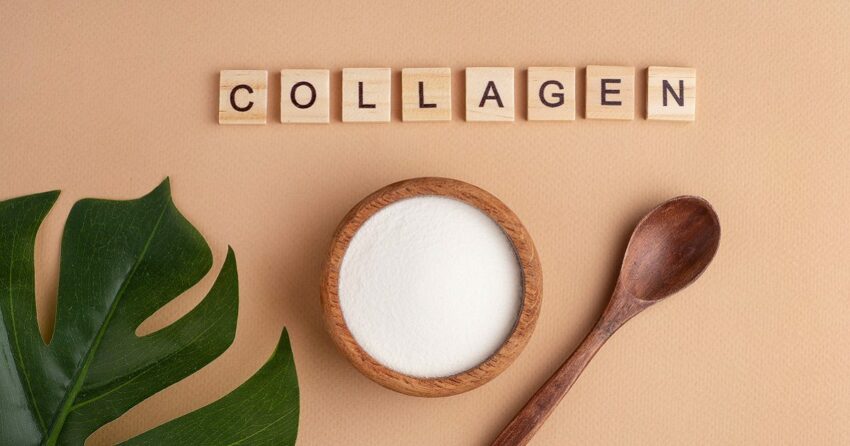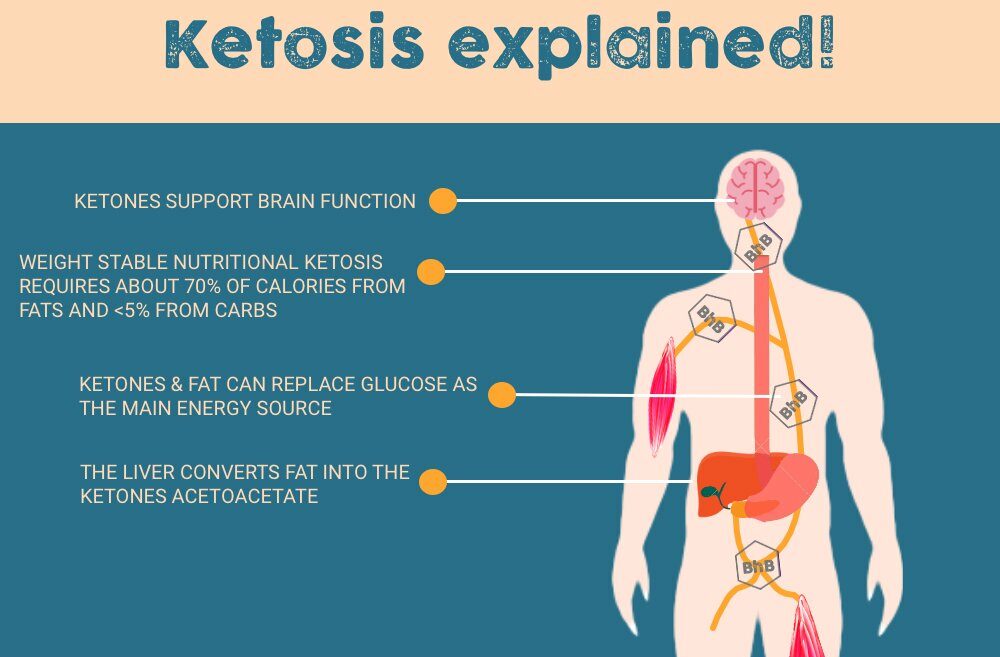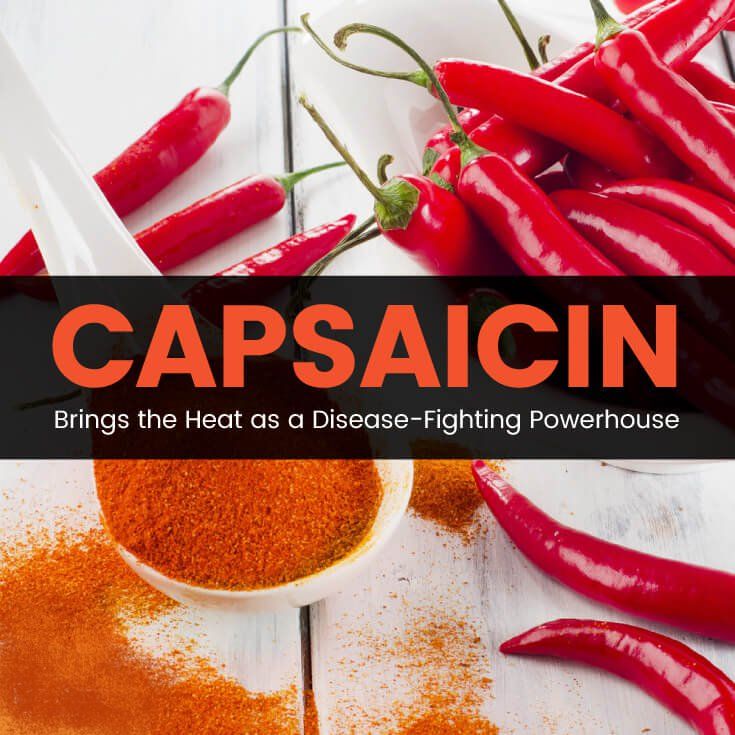Understanding Collagen
Collagen is the most abundant protein in the body, providing structure to much of our body, including skin, bones, ligaments, and more. It’s composed of amino acids such as glycine, proline, hydroxyproline, and arginine.
Why Collagen is Important
- Skin Elasticity and Hydration: Collagen helps keep the skin elastic and hydrated.
- Joint Health: It supports joint flexibility and comfort.
- Bone Strength: Collagen contributes to the density and strength of bones.
Traditional Sources of Collagen
Collagen traditionally comes from animal sources. Common supplements are made from the bones, skin, and connective tissues of animals like cows, chickens, pigs, and fish.
Vegan Collagen: Is it Possible?
Synthetic Collagen
Recent advances in biotechnology have made it possible to create collagen through a vegan-friendly fermentation process using genetically modified yeast and bacteria. This type of synthetic collagen is identical to conventional collagen but does not involve any animal products.
Boosting Collagen Naturally
Vegans can support their body’s collagen production by consuming foods rich in certain nutrients and incorporating specific lifestyle practices. Here’s how:
Nutrients That Promote Collagen Production
- Vitamin C: Essential for the synthesis of collagen. Rich sources include citrus fruits, strawberries, red peppers, and broccoli.
- Proline: Found in high amounts in cabbage, asparagus, and mushrooms.
- Glycine: Present in high-protein foods like legumes, seeds, and nuts.
- Copper: Found in nuts, seeds, whole grains, and dark leafy greens.
- Zinc: Abundant in legumes, nuts, seeds, and oats.
Diet Tips to Support Collagen Production
- Eat a Wide Range of Protein-Rich Foods: To ensure adequate intake of the necessary amino acids.
- Focus on Vitamin C-Rich Foods: To help the natural production of collagen.
- Include Omega-3 Fatty Acids: Flaxseeds, chia seeds, and walnuts help fight inflammation, which may support skin health.
- Avoid Excess Sugar and Refined Carbs: These can damage collagen and overall skin health.
Benefits of Vegan Collagen
- Sustainable: Plant-based collagen or promoting its natural production through diet is more sustainable and environmentally friendly.
- Cruelty-Free: Avoids animal products and is suitable for those following a vegan lifestyle.
- Potentially Healthier: Plant sources of nutrients for collagen production come with additional vitamins, minerals, and antioxidants.
Incorporating Vegan Collagen into Your Lifestyle
Supplements
Vegan collagen builders or boosters are supplements designed to provide the necessary nutrients to support the body’s own collagen production. These are typically made from extracts and concentrates of various plants and are enriched with vitamins and minerals.
Skincare Products
Many vegan skincare products contain ingredients that either support collagen production or aim to mimic the effects of collagen, such as peptides and certain botanical extracts.
Recipes for Boosting Collagen
Creating meals rich in collagen-boosting nutrients can be delicious and simple. Here are a few ideas:
- Smoothies: Incorporate fruits high in Vitamin C, such as oranges or kiwis, with a handful of spinach and a plant-based protein powder.
- Salads: Combine beans, seeds, and nuts with copper-rich leafy greens and a splash of lemon juice dressing.
- Soups: Use garlic, onions, and mushrooms to create a hearty, proline-rich broth.
Challenges and Considerations
Bioavailability
It’s unclear whether the body uses nutrients for collagen production as efficiently from plant-based sources compared to traditional collagen peptides from animal products.
Nutrient Absorption
Absorption of some plant-based forms of nutrients can be less effective than their animal-based counterparts.
FAQs About Vegan Collagen
Is vegan collagen as effective as animal-derived collagen?
Vegan collagen boosters can provide the nutrients needed for collagen production, but synthetic vegan collagen might offer more direct benefits similar to traditional collagen supplements.
Can I get enough collagen from a vegan diet alone?
While you cannot get collagen directly from a vegan diet, you can consume nutrients that help your body produce collagen more effectively.
Are there vegan collagen supplements?
Yes, there are supplements that support collagen production with plant-based ingredients, and synthetic collagen supplements that are created via microbial fermentation.
What are the best vegan foods for collagen?
Foods rich in Vitamin C, proline, glycine, copper, and zinc are best for supporting collagen production. These include citrus fruits, berries, nuts, seeds, and dark green vegetables.
How soon can I see results from using vegan collagen products?
It varies by individual, but typically, improvements in skin elasticity and appearance can be observed after about 3-6 months of consistent use.
Is vegan collagen more expensive than regular collagen?
Yes, vegan collagen products can be more expensive due to the complex processing involved in creating plant-based or synthesized collagen.
Can improving collagen production help with joint pain?
Yes, collagen supports joint health by maintaining the integrity of cartilage, which can help reduce joint pain and stiffness.
In conclusion
while traditional sources of collagen are derived from animals, there are several ways for vegans to support their body’s collagen production or use synthetic collagen that aligns with a plant-based lifestyle. By focusing on a nutrient-rich diet and considering supplements, vegans can enjoy the benefits of collagen sustainably and ethically.
- Sculptra Surrey – Collagen Stimulation Therapy Near Woking, Surrey - May 22, 2025
- Jaw Slimming & Square Face Treatment Near Woldingham, Surrey - May 22, 2025
- Is The Craftsman Series Vape Better Than Disposable Vapes? - May 21, 2025




